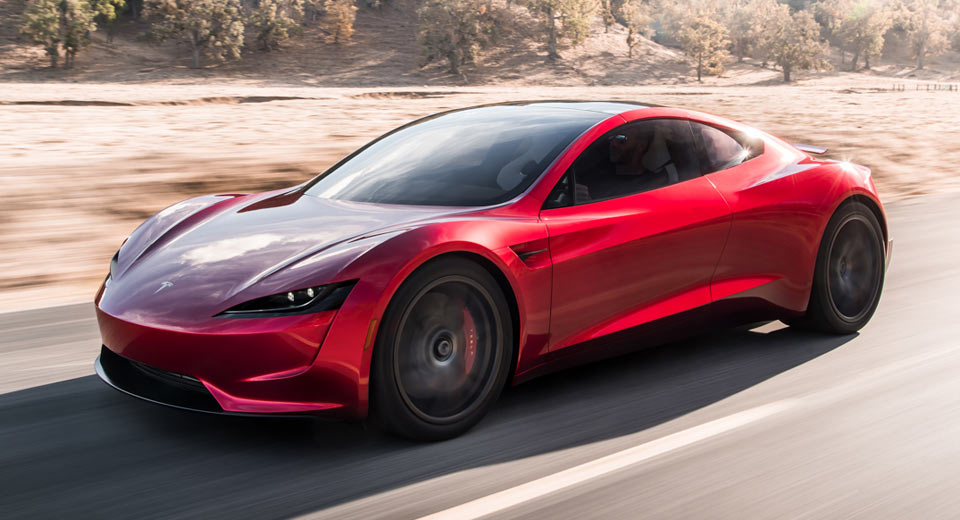In 2023, the automotive world is buzzing with transformational changes as electric vehicles (EVs) and hybrids redefine the landscape traditionally dominated by gasoline cars. According to Bloomberg Green, electric vehicle sales surpassed 10 million units globally this year, a 50% increase compared to 2022. As we witness this automotive evolution, understanding the distinctions and innovations among EVs, hybrids, and gas-powered cars becomes crucial. This article will guide you through the latest advancements, helping you make informed decisions for your next vehicle purchase.
The Rise of Electric Vehicles in 2023
Advancements in Battery Technology
The heart of an electric vehicle lies in its battery technology. In 2023, breakthroughs in solid-state batteries, as reported by MIT Technology Review, have propelled EVs to new heights. These batteries promise greater energy density, faster charging times, and improved safety. Companies like Tesla and Rivian are at the forefront, with Tesla’s latest Model S boasting a range of over 400 miles on a single charge. Notably, BYD’s Blade Battery, known for its impressive thermal management, has further pushed the envelope, offering extended longevity and reliability.
Expanding Charging Infrastructure
Charging infrastructure has always been a concern for potential EV adopters. However, 2023 has seen significant improvements. According to InsideEVs, there are now over 1.5 million public charging stations worldwide. Fast-charging networks, like Electrify America and Ionity, have expanded their reach, reducing charging times to as little as 15 minutes for an 80% charge. This development makes EVs more accessible and convenient for long-distance travel.
Tax Incentives and Cost Efficiency
The International Energy Agency (IEA) highlights how government incentives continue to drive EV adoption. In the U.S., tax credits up to $7,500 are available for new EV purchasers. Additionally, the overall cost of EV ownership is declining due to lower maintenance and fuel costs compared to traditional gas vehicles.
Hybrid Vehicles: Bridging the Gap
Plug-in Hybrids vs. Traditional Hybrids
Hybrids offer a middle ground between EVs and gasoline cars. Plug-in hybrids (PHEVs) like the Hyundai Ioniq 5 can be charged and provide a limited electric-only range, perfect for short commutes. In contrast, traditional hybrids, such as the Toyota Prius, rely on regenerative braking to recharge the battery, offering improved fuel efficiency without the need for plugging in.
Recent Innovations
2023 has witnessed hybrids becoming more efficient and environmentally friendly. According to AutoCar, advancements in regenerative braking and energy recovery systems have enhanced fuel economy by up to 30% in models like the Ford Escape Hybrid. These innovations make hybrids a viable option for those not ready to commit fully to electric.
Cost and Availability
Hybrids often come at a lower upfront cost compared to EVs, making them an attractive option for budget-conscious consumers. Additionally, they are widely available, with nearly every major automaker offering hybrid versions of popular models.
Gasoline Cars: Are They Still Relevant?
Technological Improvements
Despite the push towards greener alternatives, gasoline cars remain a significant part of the market. Recent innovations focus on increasing fuel efficiency and reducing emissions. Reuters Mobility reports that turbocharged engines and lightweight materials have improved the fuel economy of gas vehicles by around 15% in the past five years.
Cost Considerations
Gasoline cars typically have a lower purchase price compared to their electric and hybrid counterparts. However, rising fuel costs and stricter emission regulations are prompting consumers to reconsider their long-term affordability.
The Future of Gasoline Cars
While gas cars are not disappearing anytime soon, the trend towards sustainability is undeniable. As electric and hybrid technologies continue to advance, the relevance of gasoline vehicles may diminish, especially in urban areas prioritizing low-emission zones.
Practical Tips for Choosing Your Next Vehicle
Compare and Contrast
- Electric Vehicles: Ideal for tech enthusiasts and eco-conscious consumers. Consider them if you have access to charging facilities and are interested in lower long-term costs.
- Hybrids: Perfect for those seeking a balance between traditional and electric vehicles. They offer flexibility and are great for mixed driving conditions.
- Gasoline Cars: Best suited for individuals prioritizing upfront cost and those in areas with limited charging infrastructure.
Charging and Maintenance
- EV Charging: Look for homes with garage space to install a Level 2 charger for convenience. Public fast chargers are ideal for longer trips.
- Hybrid Upkeep: Regular maintenance is similar to gas vehicles, but with added benefits like regenerative braking reducing brake wear.
- Gas Vehicle Maintenance: Familiar and straightforward, but consider the higher fuel and oil change costs.
Where to Buy
- Dealerships: Most dealerships now offer EVs and hybrids alongside traditional models. Test drive various types to find your fit.
- Online Platforms: Explore platforms like Tesla’s website or Rivian for direct orders of electric models.
- Second-hand Market: For budget-friendly options, consider certified pre-owned hybrids and EVs with warranties.
Conclusion: The Road Ahead
As we move through 2023, the automotive industry is at a pivotal point, driven by technological advancements and environmental considerations. Whether you choose an electric vehicle, hybrid, or gasoline car, staying informed about these innovations is key. The choice ultimately depends on your lifestyle, budget, and values. What will you drive into the future? Share your thoughts and join the conversation as the journey towards sustainable mobility continues to accelerate.

